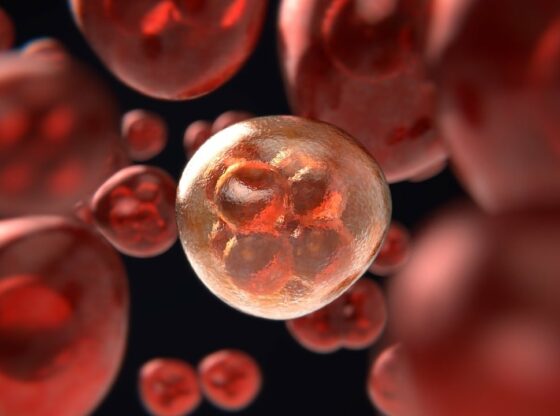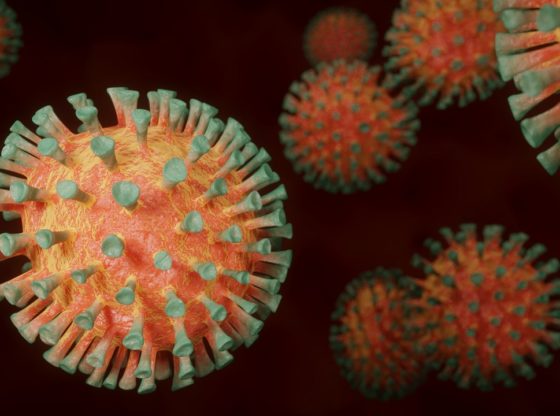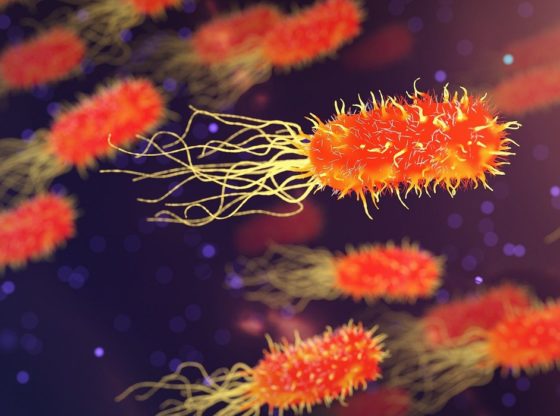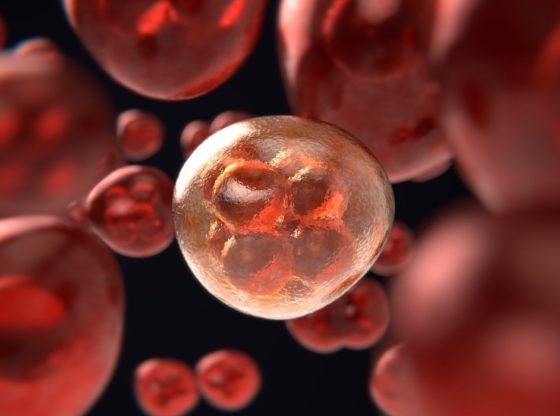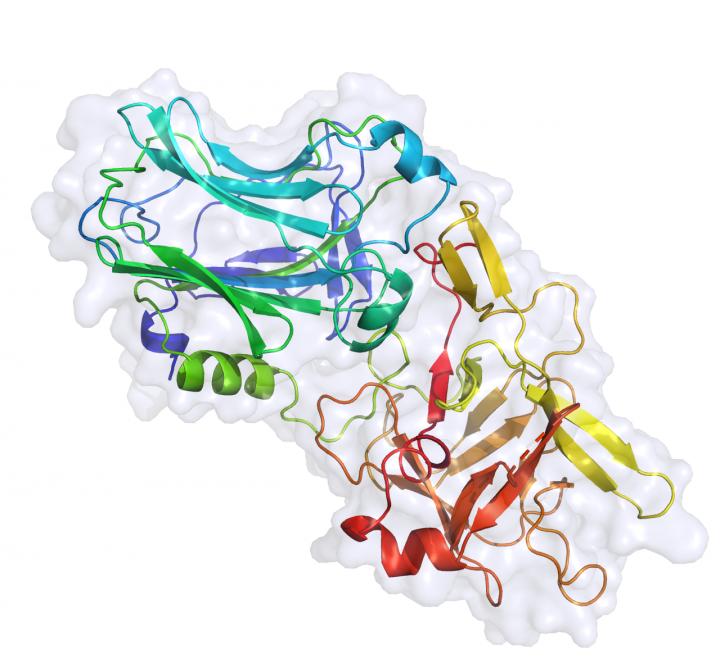
Researchers at the universities in Stockholm and Lund, in collaboration with researchers from the University of California, have found a new toxin that selectively targets mosquitos.
The new discovery could lead to innovative and environmentally friendly approaches to reduce malaria. The results are presented in an article published in Nature Communications.
Botox (Botulinum neurotoxins) and the same family of proteins and are among the most toxic substances known. Previously this family of toxins has been believed to only target vertebrates such as humans, mice, and birds. But researchers have now found a toxin that targets the group of mosquitoes that are responsible for transmitting malaria.
“We have discovered a neurotoxin, PMP1, that selectively targets malaria mosquitos, demonstrating that this family of toxins have a much broader host spectrum than previously believed”
– Pål Stenmark of Stockholm University and Lund University
“Identifying the mechanisms by which the bacteria targets Anopheles has not been easy,”
“We were excited not only to find the neurotoxin, called PMP1, but also several proteins that likely protect PMP1 as it’s being absorbed in the mosquito’s gut.”
– Sarjeet Gill, professor of molecular, cell and systems biology at UC Riverside.
The research team attributes the success to modern gene sequencing techniques; they hit the bacteria with radiation, creating mutant bacterial strains that could not produce the toxin. Then, by comparing the nontoxic strain to the one that kills the malaria mosquito, they found proteins in the bacteria that are the keys to toxin production.
The PMP1 neurotoxin does not affect humans, vertebrates, fish, or even other insects. The researchers believe that the bacteria that produce PMP1 likely co-evolved along with Anopheles mosquitoes.
PMP1 makes it possible to reduce the prevalence of malaria in a new and environmentally friendly way. Since these toxins are proteins, they do not leave any harmful residues as they break down, according to the researchers.
The team has applied for a patent on this discovery and now hopes to find partners that will help them develop their bacteria-based Anopheles insecticide.
Reference:
Estefania Contreras, Geoffrey Masuyer, Nadia Qureshi, Swati Chawla, Harpal S. Dhillon, Han Lim Lee, Jianwu Chen, Pål Stenmark & Sarjeet S. Gill A neurotoxin that specifically targets Anopheles mosquitoes DOI: https://doi.org/10.1038/s41467-019-10732-w

